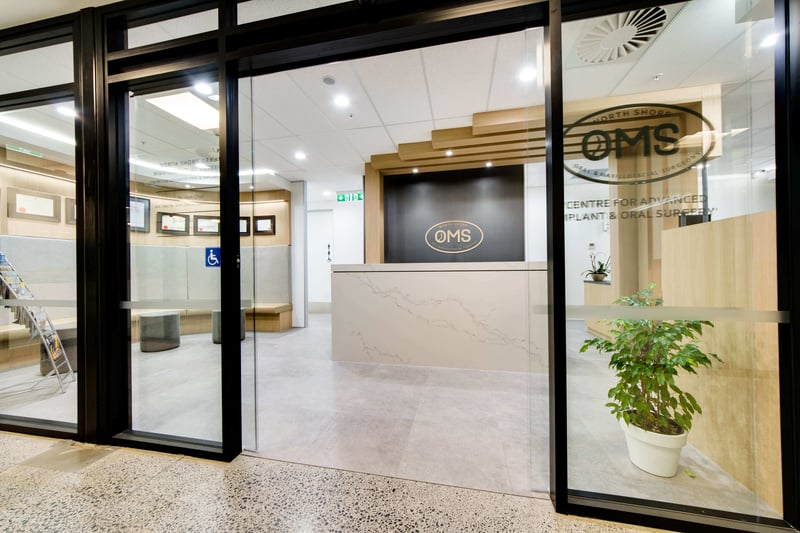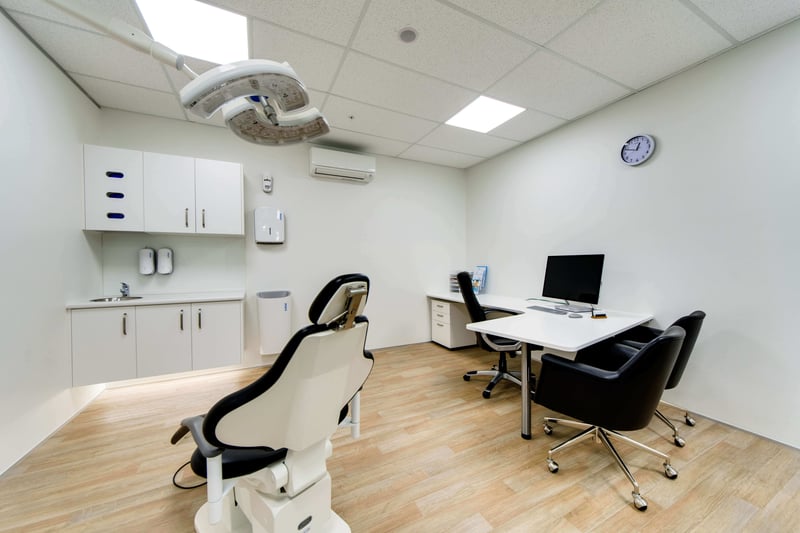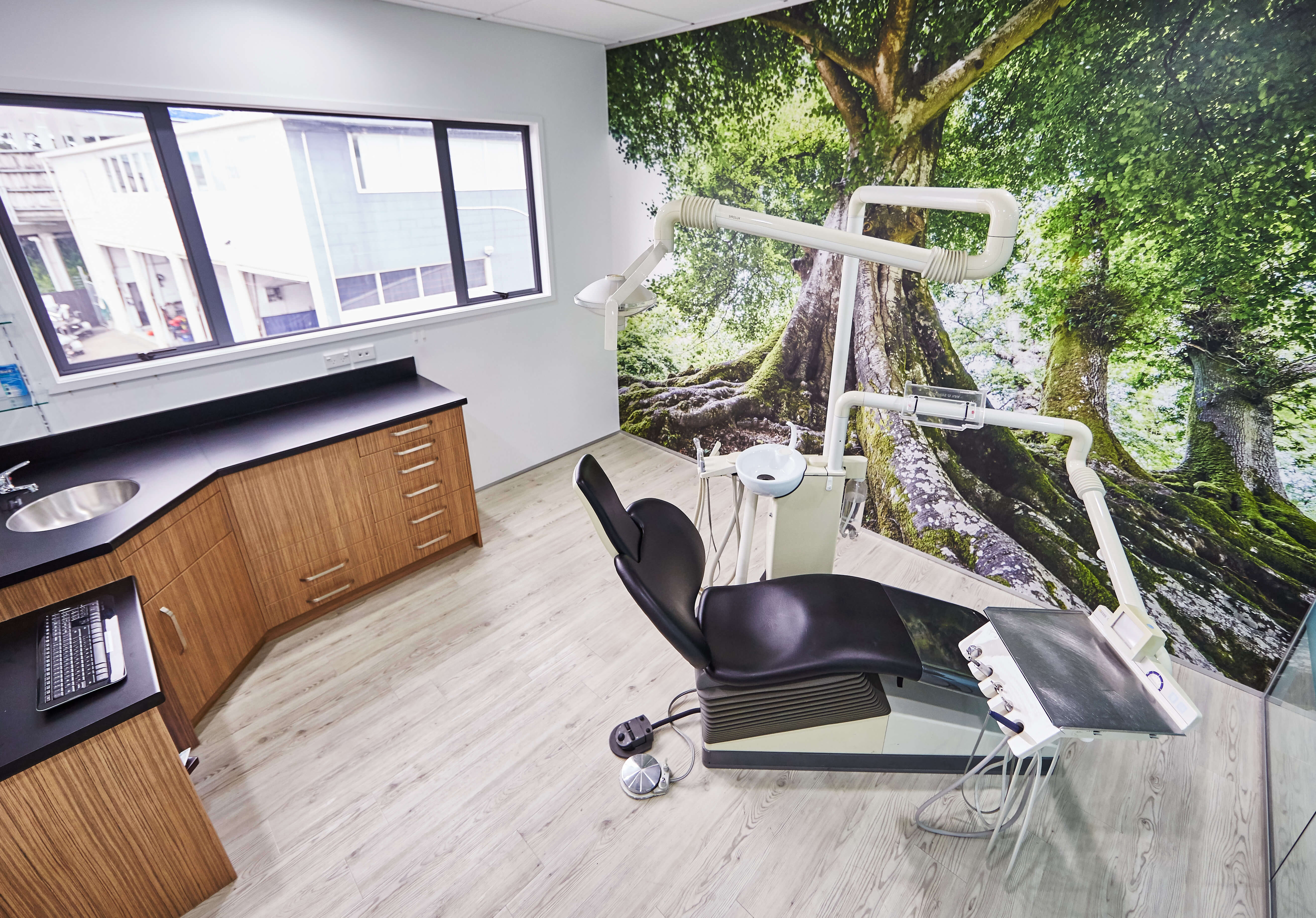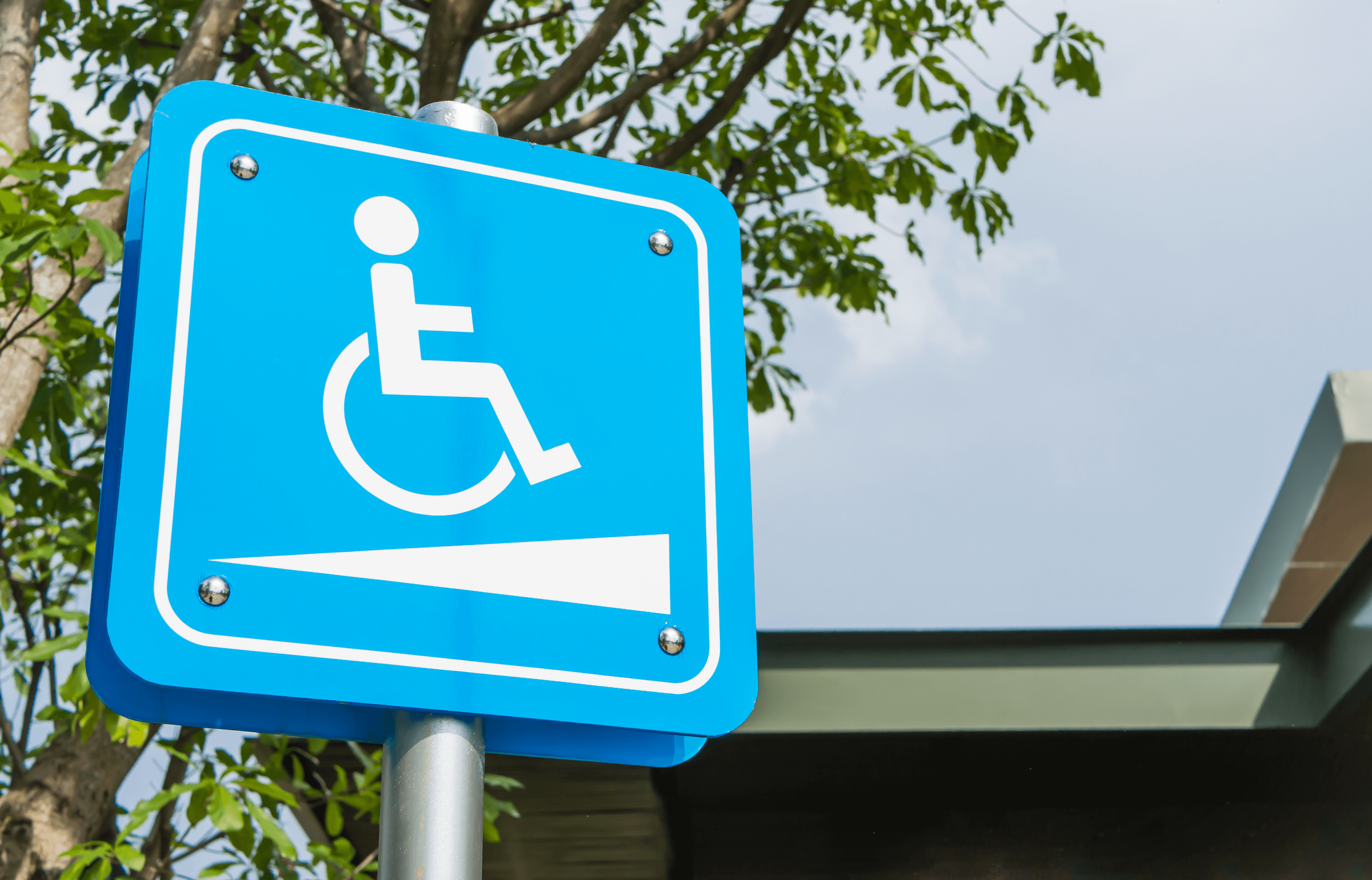Navigating lease negotiations for your new dental practice
One of the first steps an owner-practitioner will take in their journey to opening a new dental practice is to sign a new lease agreement. A deed of lease is a document that sets out both a landlord's and a tenant's rights and obligations. As they are often long and packed with legal jargon, the process can get a bit daunting. In this article, we provide tips to help you navigate these lease negotiations which will help you avoid any expensive headaches later on.
After deciding on the geographical location of your new dental practice, the option of renting commercial space on a long-term lease or finding a site to build a new practice on will arise. Which you choose to proceed with will likely depend on your budget, long-term goals, preferences and the sites available in the area you've recognised as having good market potential. If you choose to rent, it's important to carefully analyse the contractual agreement that you are provided and not just take the landlord's word that the terms are 'standard' or 'non-negotiable'. Below are some important factors to consider before signing that lease!

Enlist Property Professionals
To protect yourself from issues, it's recommended to enlist help from professional experts who specialise in commercial property (and ideally also have healthcare industry experience), particularly if you haven't leased or bought work premises before. While a local commercial real estate agent will assist you through the leasing or buying process, it's important to be aware that their fees are usually paid by the landlord or current owners of the property. According to the Ministry of Business, commercial property lawyers are your best option, as they will advise you on the details of lease terms and it's their job to make sure you get the best deal for your needs. Their market knowledge is invaluable and they can help you untangle the most complex of rental agreements!
You may also get help from other professionals such as structural engineers, building services engineers and/or space planning consultants. As design and fitout specialists, Dentec are happy to visit your proposed premise and provide recommendations before you sign the lease! Contact us today for your free on-site consultation.
Maintenance, Repairs & Outgoing Costs
It's important to read the list of daily outgoings included in your lease, such as charges for rates, utilities, insurance and maintenance. If there are any that do not apply to your leasing situation, NZ Law recommends asking for them to be removed from the agreement. If you only lease a portion of the property, then you should only pay a percentage of the outgoings. If these charges are not separately metered, consider adding a clause to determine how these are calculated.
The agreement should also include a clause to clearly establish who exactly is responsible for arranging and paying for day-to-day maintenance and repairs required for the building. This includes air conditioning units, as well as business-critical utilities such as running water, lights and power.
As you have a responsibility to provide a safe workplace for your staff and patients, it's recommended to obtain a structural/earthquake and asbestos report before signing the lease and add any required improvements with a set deadline into the agreement. The agreement should also include an outline as to what would happen if the building was damaged by a fire or natural disaster.
Fitout & Renovations
The lease will also need to establish who needs to pay for any fit-outs, renovations or changes made to the premises. According to the Ministry of Business, often landlords will agree to pay for some of the fit-out as a signup bonus or incentive. The longer you sign your lease, the more they are likely to commit to an incentive. How the property should be left at the end of the lease term, often called 'make good provisions' also needs to be agreed upon.
With all of the additional technology, equipment, lighting, and the dental delivery system (the critical hub for handpieces, air, water and vacuum), some fundamental design considerations specific to dental practices need to be considered when deciding on the practicality of a site.
This is where partnering with an expert, such as Dentec, early can help. With experience installing specialist dental equipment in existing and new buildings we can assist in helping to uncover the likely hurdles of your current lease with regards to a fitout. Talk to a member of the team to book a no-obligation initial consultation.

Available Parking
Convenience is key, so it's also important to ensure there is adequate parking for patients and staff that is close to your premise. Lease agreements will often also have a designated number of car parks, so consider if this amount will be suitable for your practice. You'll also want to determine if you have exclusive access to these or if they are filled on a 'first-come-first-served' basis. Parking can be very important to your patients, especially those with less mobility or young children.
Use of Premises
You should check the permitted use (also called 'business use') in the lease to ensure this correctly identifies what you want to use the premises for. For example, if the use states retail shop or food outlet, it will not be suitable for a dental practice and you will need to have this changed on the agreement. This also needs to be compliant with the district plan and area zoning.
Some dental practice owners will sublease out space in the clinic to other dental specialists, therefore it's important to consider if this is something you are interested in doing and if subleasing is covered in your agreement too.
Exterior Signage
Having signage rights included in your lease agreement will also help establish what exterior signage you're able to use on the outside of your practice. This clause may include location, size and any other caveats for the signage such as colour or style. Visibility is important for the success of any business, both for attracting new patients and for the convenience of existing ones.
Rent
It's important to establish how much rent you will be paying to lease the property and have this included in the agreement. However, keep in mind that the rent amount agreed upon can still change (usually an increase) through a rent review process. Your agreement can include how regularly the rent amount can be changed to help you avoid any big surprises!
Lease Duration
When it comes to establishing the lease duration, you'll need to consider the long term plan for your business. Commercial rental agreements in the healthcare industry typically have between a 5-10 year term, with a few options to extend available. Long term leaseholders are often given the first opportunity to purchase the property if the landlord is wanting to sell, which is a term that can be negotiated in the lease.
Bonds & Security
Most landlords will want security, which in New Zealand commonly comes in the form of a bank bond or personal guarantee. The higher the landlord deems the risk, usually the more security they will require. If you are leasing for the first time or don't have a proven leasing history, you may end up requiring more security than others leasing the same space.
Bank bonds are a financial agreement a tenant has with their bank and can be arranged by paying a fee to your bank for the risk. Similar to an overdraft, it provides security to the landlord should you default on payments. A personal guarantee is an agreement that the guarantor, usually the business owner, will be personally responsible for any debt the business cannot pay.
Multi-business Complex
If your site is in a multi-business complex, there are some additional clauses to consider negotiating into your lease, such as:
- Competition: The landlord may agree to not rent a space in the vicinity of another dental practice to avoid market saturation.
- After-hours Operation: Consider whether you will be permitted to operate late-night hours and during the weekends. Will services such as heating, parking, etc still be running during this time? Will there be any additional security factors, such as access cards or alarm codes?
- First Right of Refusal: According to the Ministry of Business, tenants can be given the opportunity to be able to lease more space in the building under the same term first, before the offer goes to the general market.

Committing to a commercial lease is a significant step and there is a great deal to consider before you sign on the dotted line. When it comes to opening your new dental practice, make sure you've addressed every issue before you sign as it is much harder to renegotiate a lease once the terms have been agreed and the lease signed.
While the negotiation process can be an intimidating task, with the right awareness and advice it can be managed in a way that helps rather than hinders the tenant. If you don't have in-depth experience with commercial leases, it's important to get professional help. Nothing is set in stone and negotiating good terms is worth the upfront work and additional expense!


